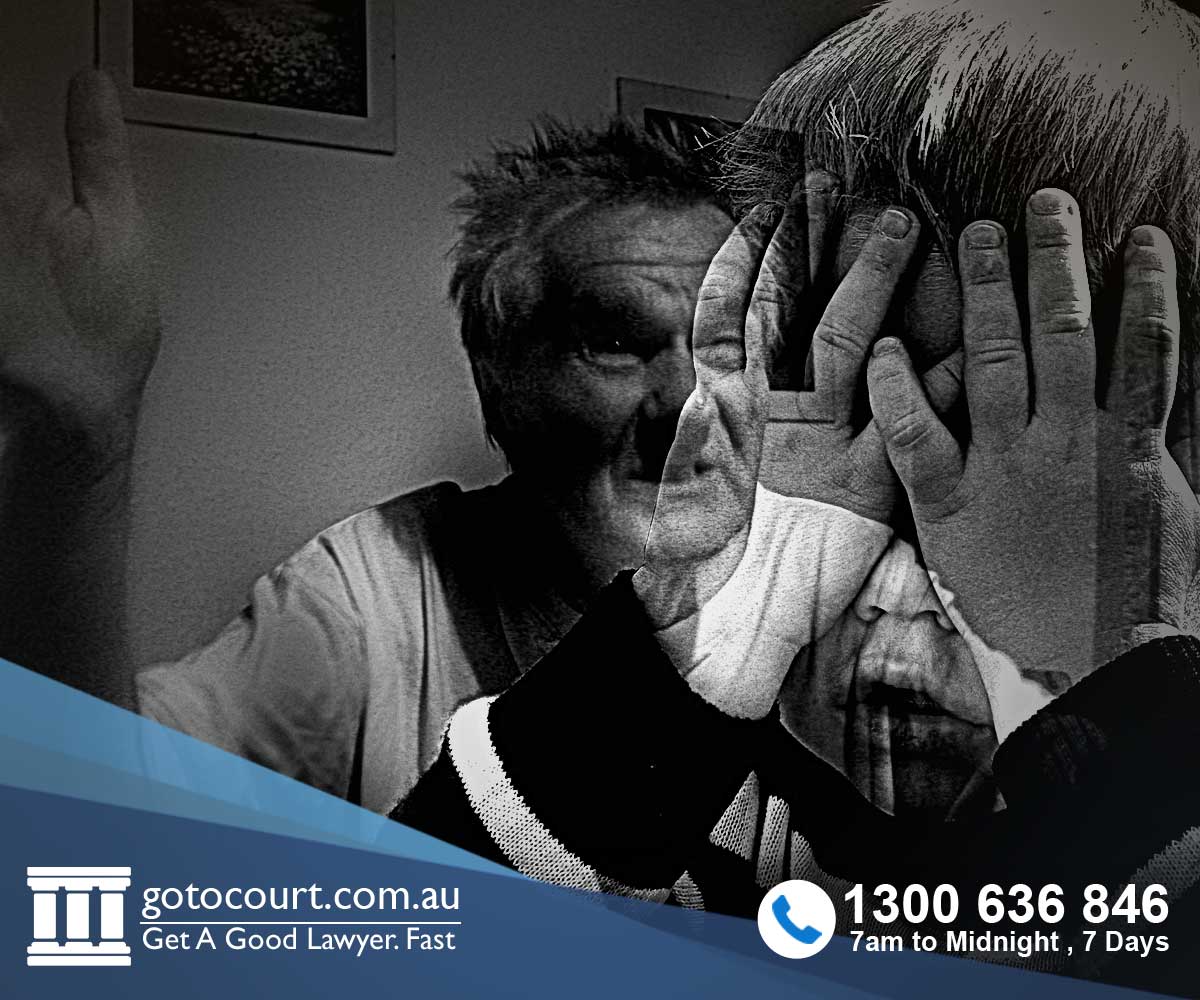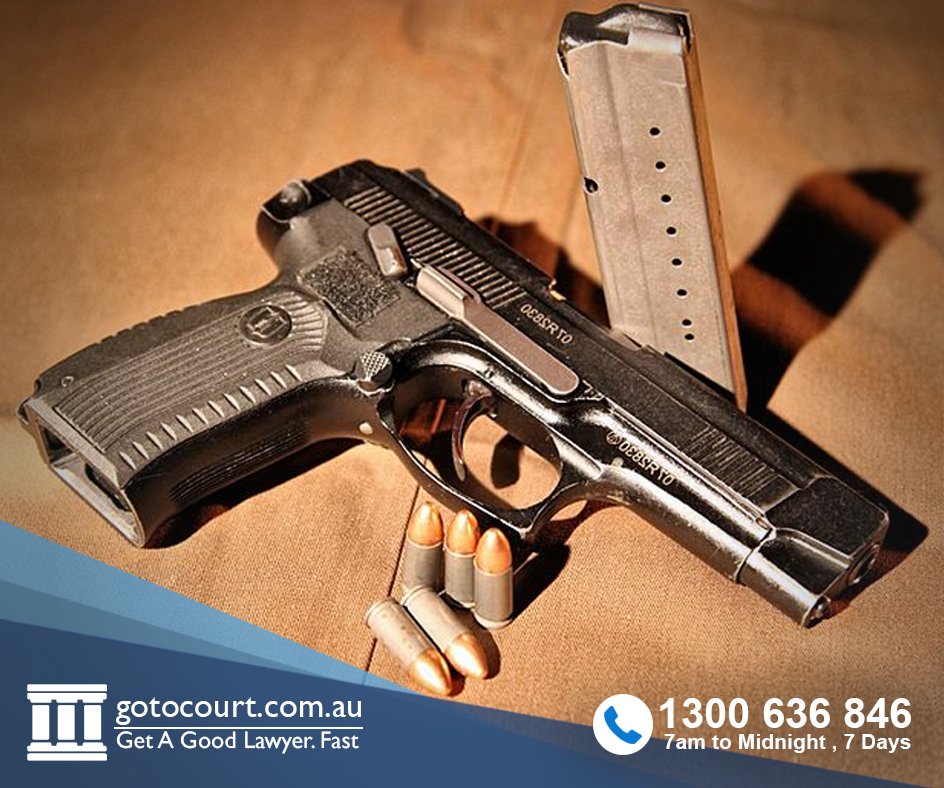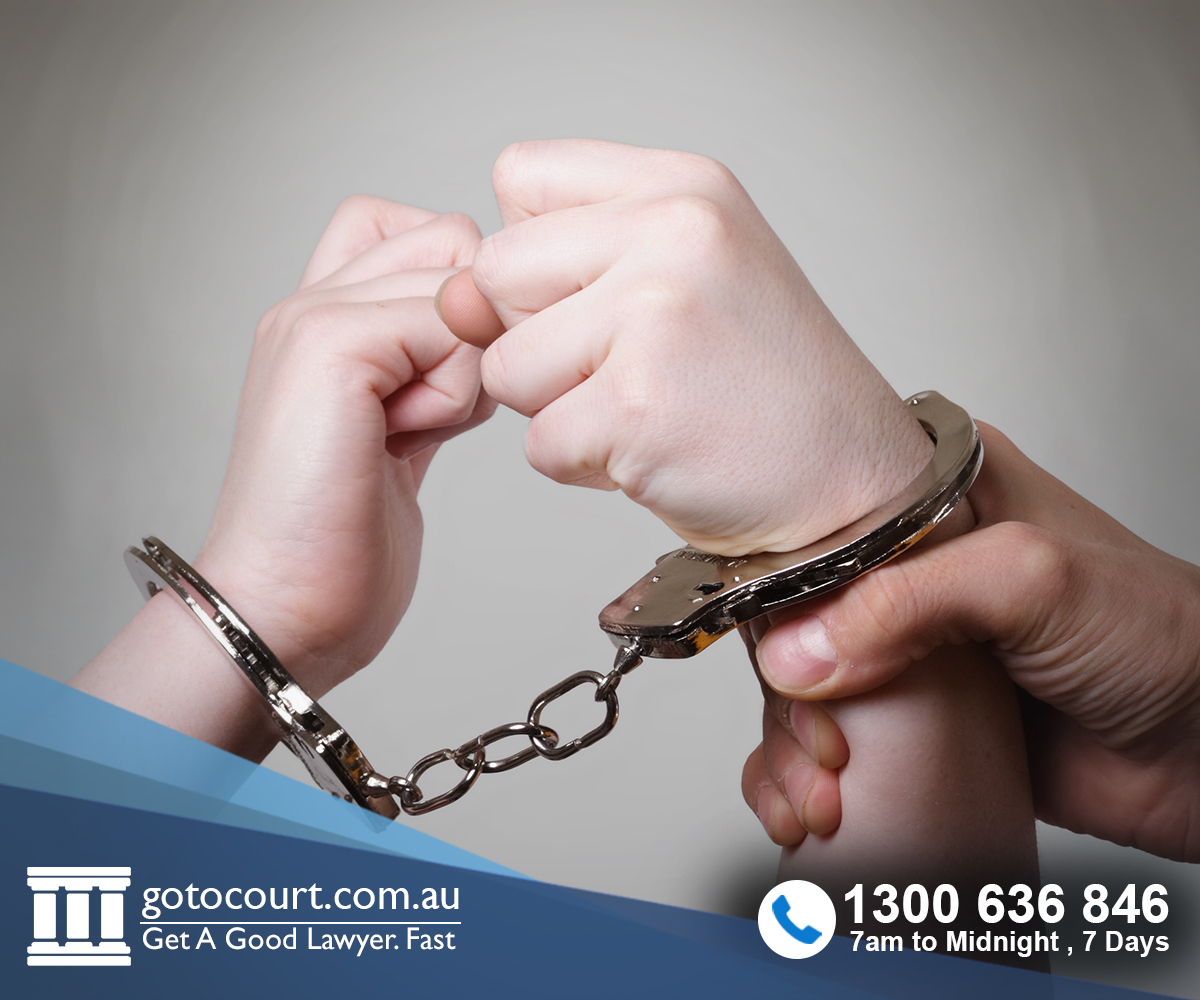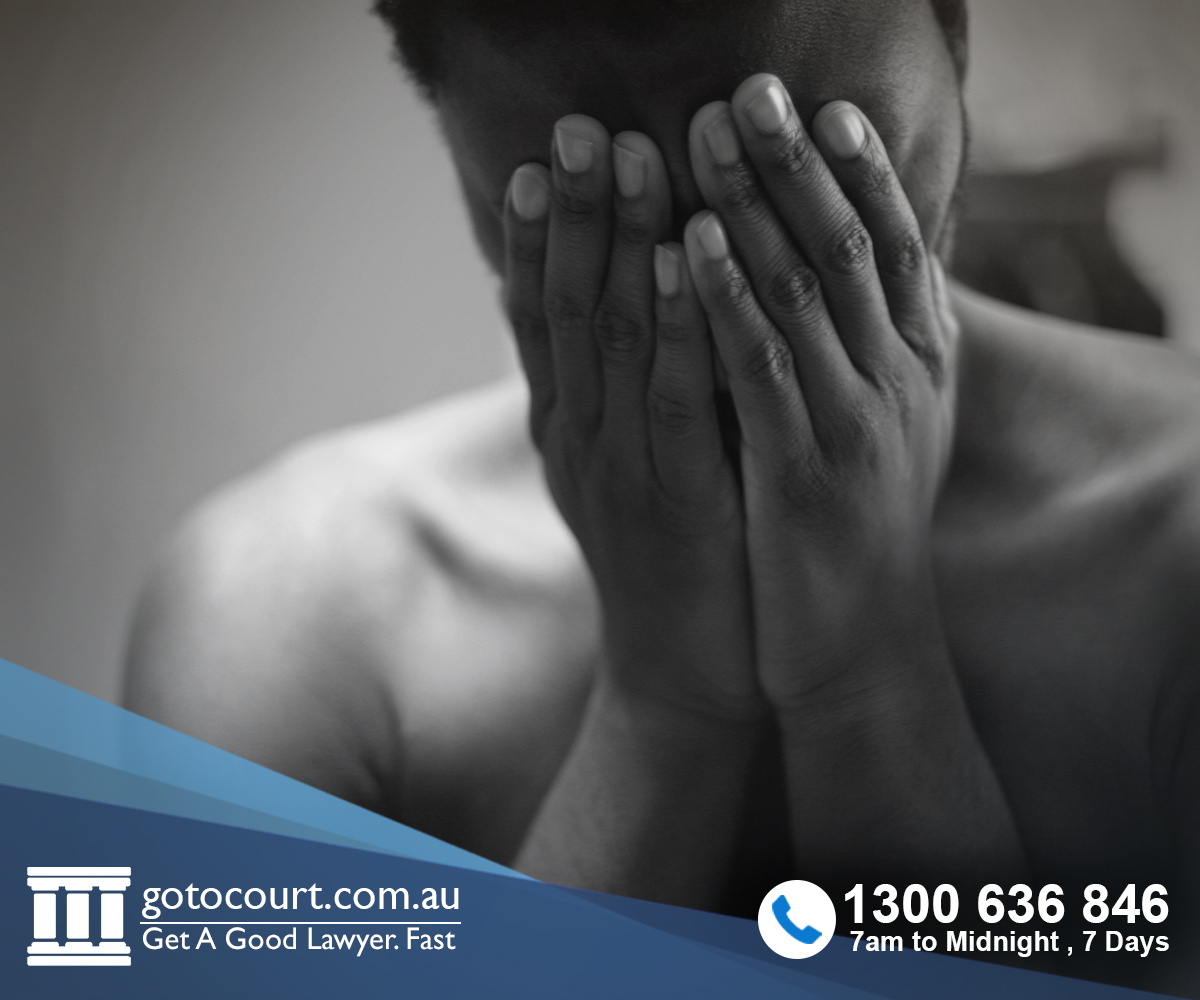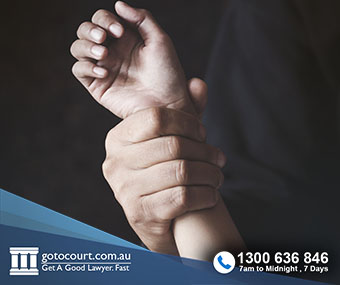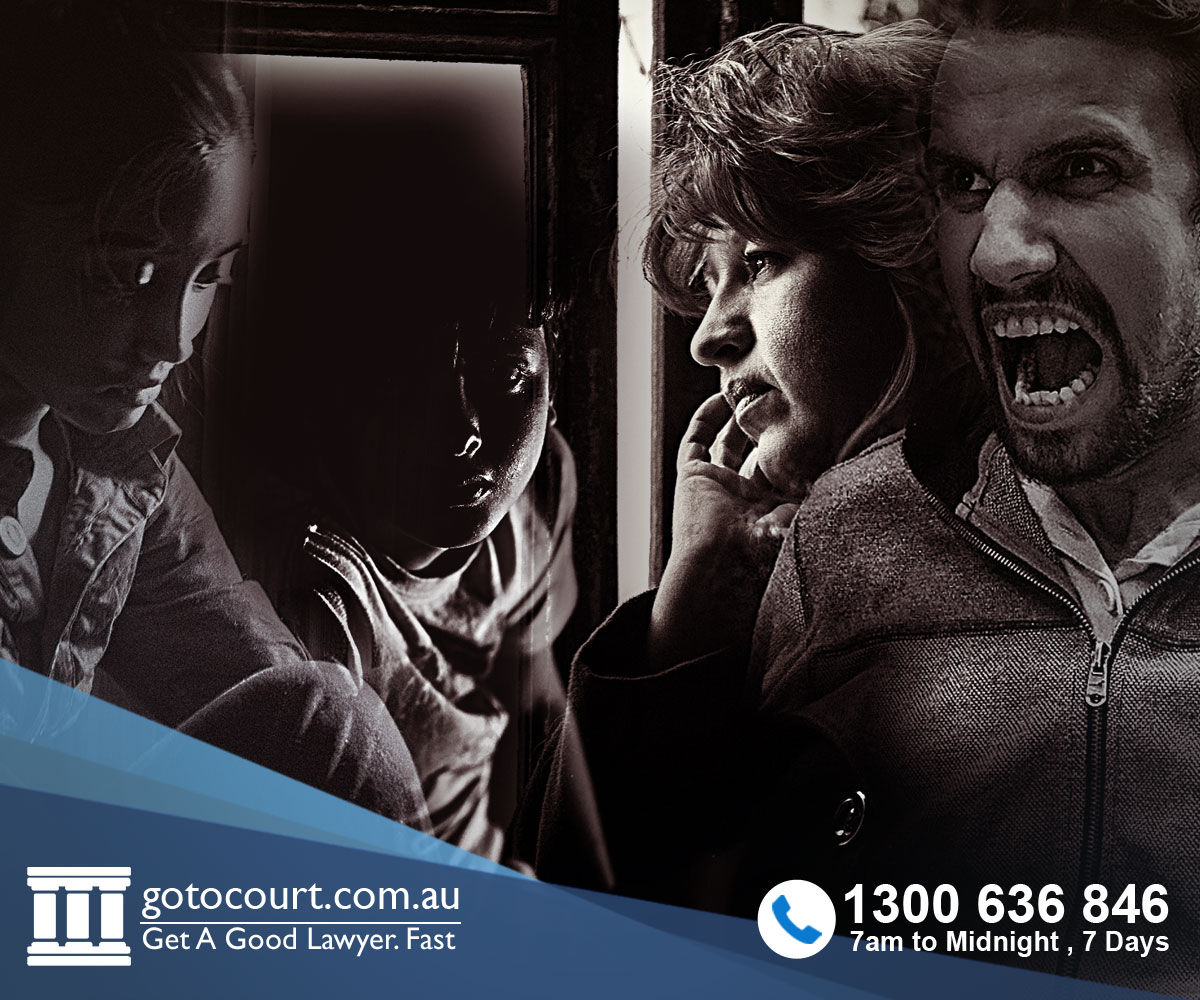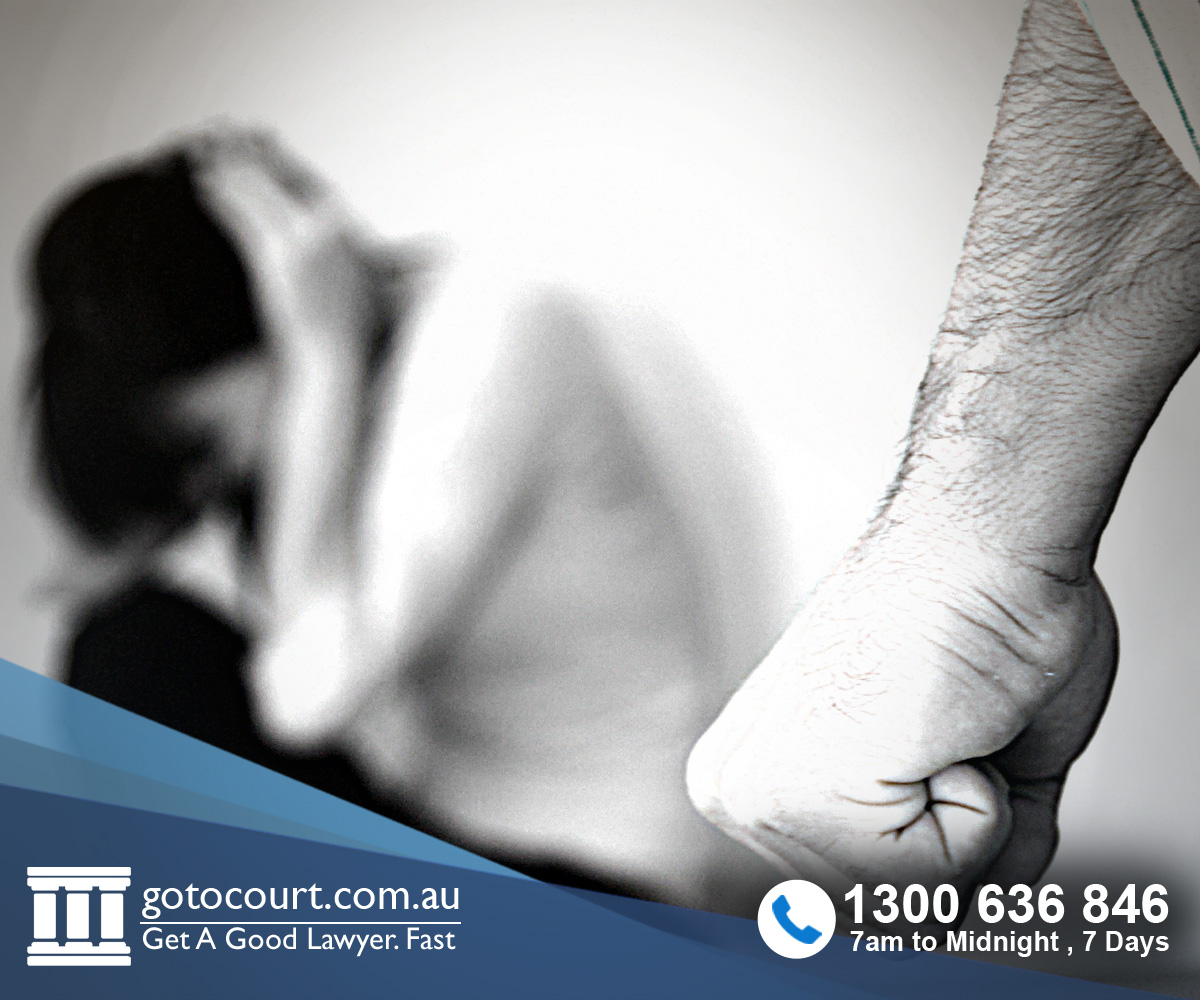Call our lawyers
now
or,
have our lawyers
call you
Applying for an AVO in New South Wales
Updated on Mar 23, 2023 • 5 min read • 986 views • Copy Link
Applying for an AVO in New South Wales
An Apprehended Violence Order (AVO) in New South Wales is a court order made under the Crimes (Domestic and Personal Violence) Act 2007 to protect a person from violence, intimidation or harassment from another person in the future. An AVO is called an ADVO (Apprehended Domestic Violence Order) if the protected person and the respondent have been or are in a domestic relationship. This page deals with Apprehended Violence Orders in New South Wales.
Domestic relationships
Under section 5 of the Crimes (Domestic and Personal Violence) Act 2007, a domestic relationship is:
- being married or in a de facto relationship
- living at the same premises (including in a residential care facility)
- being in an intimate relationship
- being related (including as kin or extended family if you are an Aboriginal or Torres Strait Islander person).
Under other circumstances, where the parties are not in a domestic relationship, an AVO is called an Apprehended Personal Violence Order (APVO). When a person applies for an APVO, the court will order the parties to attempt to resolve the situation through mediation unless there is good reason not to.
Applying for an AVO in New South Wales
An application for an AVO in New South Wales can be made by the police on behalf of a person or by the person at their local court. If the person is under 16 then only the police can apply for the AVO.
The person applying for the order is called the applicant and the person to be protected is called the protected person. The person from whom they need protection is called the defendant. If you need protection from more than one person you will need to make a separate application in respect of each of them.
The police will apply for an order on your behalf if:
- you have been or are likely to be a victim of a domestic violence offence
- you are being stalked or intimidated with the intent to cause you to fear physical or mental harm
- a child has been or is likely to be the victim of an offence.
Court processes
When an application for an AVO in New South Wales first comes before the court, if the defendant doesn’t agree to the order being made, the matter is adjourned for a hearing.
Both parties may be told to provide written witness statements.. If the defendant doesn’t provide a statement, they may not be allowed to give evidence at the hearing. If both paries file statements the matter will be given a hearing date.
If the applicant doesn’t attend the hearing, their application may be dismissed. If the defendant doesn’t attend, the AVO may be made in their absence.
If the police applied for the AVO, the Police Prosecutor will make the application in court. If you made the application, you can represent yourself or you can get a lawyer. The Domestic Violence Practitioner Scheme is available at some courts to advise and represent you at no cost.
At the hearing, the applicant calls evidence first and then the defendant has the opportunity to call evidence. Both parties will then have the opportunity to make submissions about why the order should or should not be made. The court will then decide whether the evidence supports the making of the order sought.
When may court make order?
Under section 16 of the Crimes (Domestic and Personal Violence) Act 2007, a court may make an AVO if it is satisfied that a person has had a domestic relationship with another person and fears:
- the commission of domestic violence by the person; or
- intimidation or stalking by the other person; and
- the conduct warrants the making of the order.
Interim orders and final orders
If you need an AVO in New South Wales urgently, the court can make an interim AVO to protect you until the hearing. If you have applied through police, a senior police officer can also make a Provisional AVO to protect you until the hearing.
When a person is charged with certain serious criminal offences in New South Wales the court must make an interim AVO for the victim’s protection whether or not an application for an AVO has been made.
Conditions
Every AVO in New South Wales prohibits the defendant from assaulting, threatening, harassing, stalking, or intimidating the protected person.
A court can also set additional conditions including a requirement not to attend the protected person’s home, work and other places they go, not to contact the protected person and not to damage their property.
After an AVO is made
Once you have received an AVO in New South Wales, whether it is an Interim, Provisional, or Final AVO, a Property Recovery Order can be made. It orders the return of property left with you or with the defendant. It can also authorise police to accompany you or the defendant to get property back. Property includes personal papers, clothes, and children’s toys owned by you.
When an AVO is made the defendant doesn’t get a criminal record but a breach of an AVO is a criminal offence. Also, under the Firearms Act 1996, if the defendant has a firearms licence it will be cancelled for 10 years and any firearms seized. If the AVO bans the defendant from living at certain premises the NSW Residential Tenancies Act 2010 No 42 allows their name to be removed from the tenancy agreement.
Breaches of AVOS
Under section 14 of the Crimes (Domestic and Personal Violence) Act 2007, it is a criminal offence to knowingly breach an Apprehended Violence Order. The maximum penalty that applies for this offence is a fine of 50 penalty units, or imprisonment for two years.
If a court imposes a non-custodial sentence for the offence of breaching an AVO, it must give reasons for doing so.
If you require legal advice or representation in any legal matter, please contact Go To Court Lawyers.

Affordable Lawyers
Our Go To Court Lawyers will assist you in all areas of law. We specialise in providing legal advice urgently – at the time when you need it most. If you need a lawyer right now, today, we can help you – no matter where you are in Australia.How It Works







1. You speak directly to a lawyer
When you call the Go To Court Legal Hotline, you will be connected directly to a lawyer, every time.


2. Get your legal situation assessed
We determine the best way forward in your legal matter, free of charge. If you want to go ahead and book a face-to-face appointment, we will connect you with a specialist in your local area.


3. We arrange everything as needed
If you want to go ahead and book a fact-to-face appointment, we will connect you with a specialist in your local area no matter where you are and even at very short notice.



